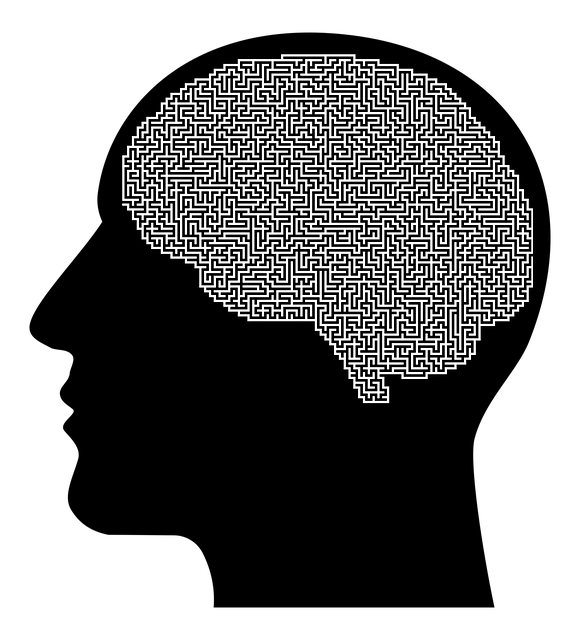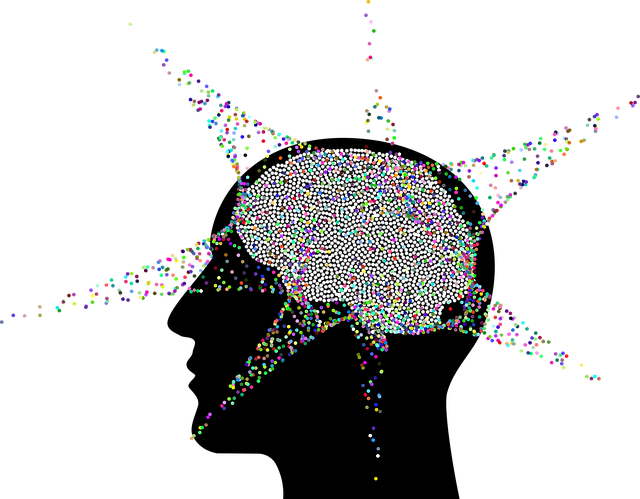Mental health is a vital aspect of overall well-being, influenced by stress, relationships, and work pressures. Specialized therapies like Wheat Ridge Bariatric Evaluations are essential for managing conditions like eating disorders. Digital technology has transformed mental wellness through apps offering emotional support, therapy access, and personalized tools. These platforms, including Wheat Ridge Bariatric Evaluations Therapy, promote self-care and accessibility to professional guidance. Key features in a successful mental wellness app include personalized sessions, mood tracking, mindfulness exercises, and community engagement while prioritizing data privacy. Effective marketing strategies target specific user needs through tailored content, partnerships, and advertising, fostering a supportive online community centered around mental health.
In today’s digital age, mental wellness app development has emerged as a powerful tool to support individuals navigating their mental health journeys. This article explores the transformative potential of technology in therapy, focusing on innovative solutions like Wheat Ridge Bariatric Evaluations, which offer personalized transformations. We delve into designing effective apps with key features and functionality, along with strategic marketing and user engagement techniques. By harnessing digital advancements, these apps aim to improve daily life, making mental wellness more accessible and impactful.
- Understanding Mental Health and Its Impact on Daily Life
- The Role of Digital Technology in Therapy: A Modern Approach
- Wheat Ridge Bariatric Evaluations: Unlocking Personal Transformation
- Designing an Effective Mental Wellness App: Key Features and Functionality
- Marketing and User Engagement Strategies for Mental Wellness Apps
Understanding Mental Health and Its Impact on Daily Life

Mental health is a crucial aspect of overall wellness, influencing how individuals navigate their daily lives and interact with the world around them. It encompasses emotional, psychological, and social well-being, affecting one’s ability to cope with stress, make choices, and relate to others. Understanding mental health involves recognizing that it’s not merely the absence of illness but a state of thriving where individuals can achieve their full potential.
In today’s fast-paced world, various factors contribute to mental health challenges. From work-related stress and burnout among healthcare providers, as highlighted by Burnout Prevention Strategies for Healthcare Providers, to the impact of social pressures and life events, mental wellness is a dynamic and personal journey. For instance, Wheat Ridge Bariatric Evaluations Therapy offers specialized support for individuals dealing with eating disorders, demonstrating the need for tailored interventions. Similarly, Stress Management Workshops Organization plays a vital role in empowering people with tools to manage stress effectively. Risk Assessment for Mental Health Professionals is also essential to ensure the well-being of those dedicated to helping others, as it identifies potential risks and promotes healthy work environments.
The Role of Digital Technology in Therapy: A Modern Approach

Digital technology has revolutionized therapy and mental wellness treatments, offering innovative approaches to support individuals’ emotional regulation and overall well-being. In today’s digital age, apps for mental health have gained significant traction as a convenient and accessible way to provide therapy. These applications are designed to offer various therapeutic tools, such as mood tracking, meditation practices, cognitive-behavioral techniques, and personalized recommendations tailored to individual needs. For instance, users can access Wheat Ridge Bariatric Evaluations Therapy through digital platforms, enabling them to receive expert guidance from the comfort of their homes.
This modern approach allows for continuous engagement in self-care practices and empowers individuals to take control of their mental health journey. With features like real-time feedback and interactive exercises, these apps foster better mood management and emotional resilience. Additionally, integrating cognitive behavioral therapy (CBT) techniques into digital formats has proven effective in treating various mental health conditions, making professional support more accessible than ever before. The convenience and discretion of digital therapy make it an attractive option, especially for those who prefer or require alternative treatment methods.
Wheat Ridge Bariatric Evaluations: Unlocking Personal Transformation

Wheat Ridge Bariatric Evaluations offer a unique and transformative journey for individuals seeking personal growth and mental wellness. This specialized service goes beyond traditional therapy by incorporating comprehensive assessments to uncover deep-rooted issues that may be hindering one’s progress. Through expert guidance, clients embark on a path of self-discovery, where they learn valuable tools for Depression Prevention and Resilience Building.
By delving into their emotional landscape, individuals can unlock the power of Compassion Cultivation Practices, fostering a sense of inner strength and compassion towards oneself and others. This holistic approach ensures that the transformation is not just external but also internal, enabling people to navigate life’s challenges with enhanced resilience and improved mental wellness.
Designing an Effective Mental Wellness App: Key Features and Functionality

When designing a mental wellness app, incorporating key features that cater to diverse user needs is essential. These include personalized therapy sessions tailored through algorithms that consider individual progress and preferences, much like Wheat Ridge Bariatric Evaluations Therapy adapts to unique patient profiles. Incorporate tools for tracking mood, stress levels, and sleep patterns to empower users with data-driven insights into their emotional well-being.
Additionally, prioritize features promoting self-care practices and cultural sensitivity in mental healthcare practice. Integrate mindfulness exercises, meditation guides, and educational resources on topics like stress management and healthy coping mechanisms. Encourage users to engage in meaningful conversations within a supportive community while ensuring data privacy and security. These elements collectively contribute to an effective app that fosters both personal growth and a sense of belonging.
Marketing and User Engagement Strategies for Mental Wellness Apps

Marketing and User Engagement are pivotal aspects for the success of any Mental Wellness App. To stand out in a competitive market, apps should offer unique value propositions that cater to specific user needs. Incorporating features like personalized progress tracking, gamified elements, or community forums can enhance engagement by providing users with a sense of ownership and belonging. Leveraging social media platforms, influencer partnerships, and content marketing strategies can effectively reach target audiences who are seeking support for their mental health journey.
For instance, integrating Wheat Ridge Bariatric Evaluations Therapy as a service within the app can attract individuals interested in holistic well-being approaches. Promoting Crisis Intervention Guidance resources and Mental Wellness Coaching Programs through targeted advertising and user testimonials can foster trust and encourage downloads. Engaging content, such as blog posts, podcasts, or live webinars, that address common mental health challenges can further drive user retention and increase app visibility, ultimately contributing to a thriving community centered around Mental Wellness.
The integration of digital technology in therapy, as exemplified by Wheat Ridge Bariatric Evaluations’ innovative approach, signifies a promising future for mental wellness app development. By designing apps with tailored features and effective marketing strategies, we can enhance access to mental health support and foster user engagement. Embracing these advancements allows us to navigate the complex landscape of mental health in today’s digital era, ultimately promoting better outcomes and improved well-being for users seeking support.










